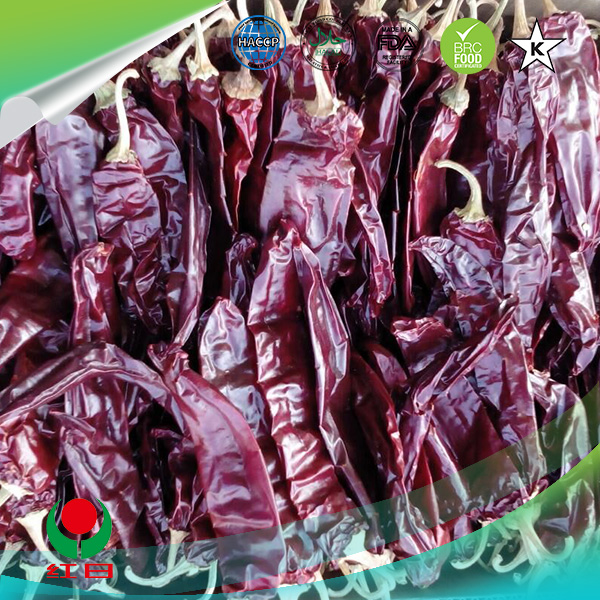fully threaded stud
Understanding Fully Threaded Studs A Comprehensive Overview
Fully threaded studs are a fundamental component in various engineering and construction applications. Their unique design, characterized by a continuous thread that runs along the entire length of the stud, provides advantages in versatility, strength, and ease of assembly. This article will delve into the significance, applications, advantages, and considerations of using fully threaded studs.
What are Fully Threaded Studs?
Fully threaded studs are mechanical fasteners that consist of a rod with threads along its entire length, as opposed to partially threaded studs, which feature a smooth section between threaded portions. The fully threaded design allows for greater engagement with nuts or other threaded components, ensuring a robust connection that can withstand torsional and shear forces.
Applications of Fully Threaded Studs
Fully threaded studs are widely used across various industries. In construction, they are commonly employed in structural steel connections, bolting equipment to foundations, and anchoring elements to provide stability. The automotive industry utilizes fully threaded studs for assembling components where load distribution is critical, such as in engine mounts and chassis systems.
In the aerospace sector, these fasteners are essential due to their reliability and strength-to-weight ratio, making them suitable for critical applications where failure is not an option. Additionally, fully threaded studs find their place in the manufacturing of heavy machinery, where they support high-stress joints and connections.
Advantages of Fully Threaded Studs
One of the primary benefits of fully threaded studs is their flexibility. Because the threads cover the entire length, they can accommodate a range of nuts and washers, allowing for adjustments in pre-tensioning and distribution of load. This adaptability is crucial in applications where precise torque specifications are necessary.
fully threaded stud

Moreover, fully threaded studs often have a higher load-bearing capacity compared to their partially threaded counterparts. The lack of a smooth shank means that the entire length of the stud can engage with the nuts, allowing for a stronger connection that mitigates the risk of loosening over time. This characteristic is particularly relevant in applications subjected to dynamic loads or vibration.
Another advantage is the ease of installation. Fully threaded studs can be installed with standard tools, making them a cost-effective solution in many scenarios. The absence of alignment issues associated with partially threaded designs simplifies the installation process and reduces assembly time.
Considerations When Using Fully Threaded Studs
While fully threaded studs offer numerous advantages, there are factors to consider when selecting and implementing them. The choice of material is crucial; selecting the right grade of steel or alternative materials like stainless steel or titanium is essential based on the application's demands. Corrosion resistance, tensile strength, and ductility are critical material properties that should be evaluated.
Additionally, the manufacturing tolerances of fully threaded studs should be inspected. Variations in thread pitch or diameter can lead to fitting problems, compromising the integrity of the joint. Therefore, sourcing studs from reputable manufacturers who adhere to industry standards and specifications is imperative.
Furthermore, while fully threaded studs provide excellent engagement, it is essential to ensure that they are not over-tightened, as this can lead to thread stripping or failure of the materials being fastened. Proper torque specifications should be followed, often enhanced by lubrication to reduce friction during tightening.
Conclusion
Fully threaded studs are invaluable components in modern engineering and construction. Their design lends itself to multiple applications, offering exceptional strength, versatility, and reliability. While they present several advantages, careful consideration of materials, tolerances, and installation practices is necessary to maximize their benefits. As industries continue to evolve, the importance of reliable fasteners like fully threaded studs will remain paramount in ensuring the safety and performance of structures and machines.
-
Weatherproof Plastic Expansion Anchors for OutdoorNewsJun.06,2025
-
Sustainability in the Supply Chain: Eco-Friendly TEK Screws ProductionNewsJun.06,2025
-
Load-Bearing Capacity of External Insulation FixingsNewsJun.06,2025
-
Double Head Bolts: Enhancing Efficiency in Industrial MachineryNewsJun.06,2025
-
Corrosion Resistance in Chipboard Screws: Coatings for Wholesale DurabilityNewsJun.06,2025
-
Butterfly Toggle Bolts : Enhancing Structural ResilienceNewsJun.06,2025
